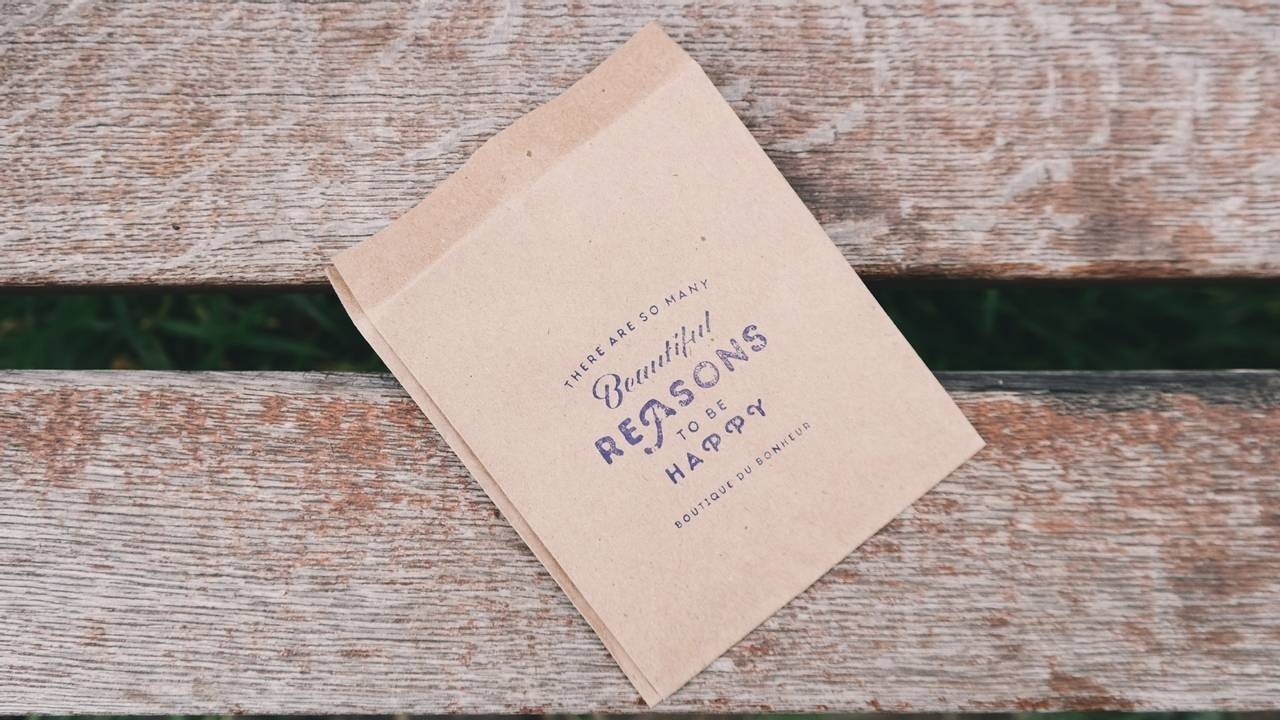
March is the month we celebrate International Day of Happiness and the perfect opportunity to check in with your happiness.
While many of us can go about our day-to-day business feeling okay, how often are we making a conscious effort to boost our happiness?
It’s impossible to be happy all of the time; after all, human emotions ebb and flow. However you may be feeling right now, there are easy ways you can improve your chances of experiencing contentment more often.
And, if you still find that you’re unable to implement the small changes outlined after reading, don’t beat yourself up! Becoming friends with your mind can be a long process that requires patience, setbacks, and experimenting with different approaches.
Recognising When You Should Take Action
With the busyness of our everyday lives, it can be a challenge even to identify our mood. For many, it’s like we’re on autopilot, with barely a few minutes each day even to assess how we’re feeling.
One habit that everyone should work towards is checking in with their mood for a few minutes each day. Ideally, you should practice this throughout the day as you move towards building better habits for boosting happiness.
Here are some questions to ask yourself when you check in with yourself:
- How do I feel?
- Does this bring me joy?
- Do I feel lifted or drained?
- How is their energy making me feel?
By using these questions often, you’ll build a better sense of what is working for you in your current lifestyle and what is not. Again, remember that it is a gradual process so if you forget to check in one day you can always make an effort to try the next.
1. Identify Your Mood
The first step you should take to boosting your happiness is identifying your mood regularly. As mentioned, by taking a few moments each day you will start to familiarise yourself with assessing your moods.
This doesn’t have to be a formal process – many people just do this by simply taking a few deep breaths before asking themselves mindfully “What emotion am I experiencing right now?”.
Another helpful way to check in with your moods is by journaling. While journaling isn’t for everyone it is a healthy way of expressing your emotions and a good way of keeping track of your moods too. By doing this you may start to notice certain triggers etc.
2. How Do I Feel?
Once you’ve identified your mood, you can then really dig deep and ask yourself how you’re feeling. This question may seem a little daunting, especially if you’re not used to really thinking about your emotions.
However, the key is to practice! Take a minute or two to sit in a comfortable spot and notice any tension in your body, how you’re breathing, and where your mind is. Once you’ve done this, you will be in a far more relaxed state to get an idea of how you’re feeling.
3. Does This Bring Me Joy?
Now, onto a question that is incredibly important: does this bring me joy? Much of the time we forget to really think about boundaries with other people and our energy which results in us doing things that don’t really bring joy.
One way of boosting your happiness is to eliminate the things that do not bring you joy and replace them with things that would. For example, if you reluctantly socialise when you know you need a self-care evening, this would bring you more joy.
When we replace our actions with those that are mindful and pushing towards more joy, we naturally boost our happiness.
4. Do I Feel Lifted Up Or Drained?
Recognising whether people or situations are elevating your mood or draining you is another important consideration. When we start to be more conscious of our emotions and make an effort to check in, it becomes clearer as to what is good for you and what is not.
Of course, everyday responsibilities such as going to work are not simply things we can drop. But, if over time you find that your job for example is draining your energy you place yourself in a better position to change your circumstances and make long-term plans for boosted happiness.
5. How Is Their Energy Making Me Feel?
Finally, being aware of other’s energy and how that impacts your moods is an important step to recognising and enhancing your happiness.
Again, this can take a bit of getting used to and honing in on your intuitive senses. For example, if you find that a certain friends makes you feel uneasy because they always complain, it could be time to cut down on your interactions.
If this is the case, setting boundaries is going to help. By communicating your needs to others you are protecting your energy. Take the time to really feel how other people’s energy impacts you, it goes a long way to maintaining happiness in all walks of life.
Do You Need Counselling?
Counselling can help significantly in terms of identification of mood triggers and learning techniques to better manage moods. As well as counselling, we offer independent therapy for those that are experiencing negative mental health.
Whether you feel that your anxiety is taking over your ability to be happy or you want to work towards enjoying your life more, contact us today for a free 15-minute consultation.


